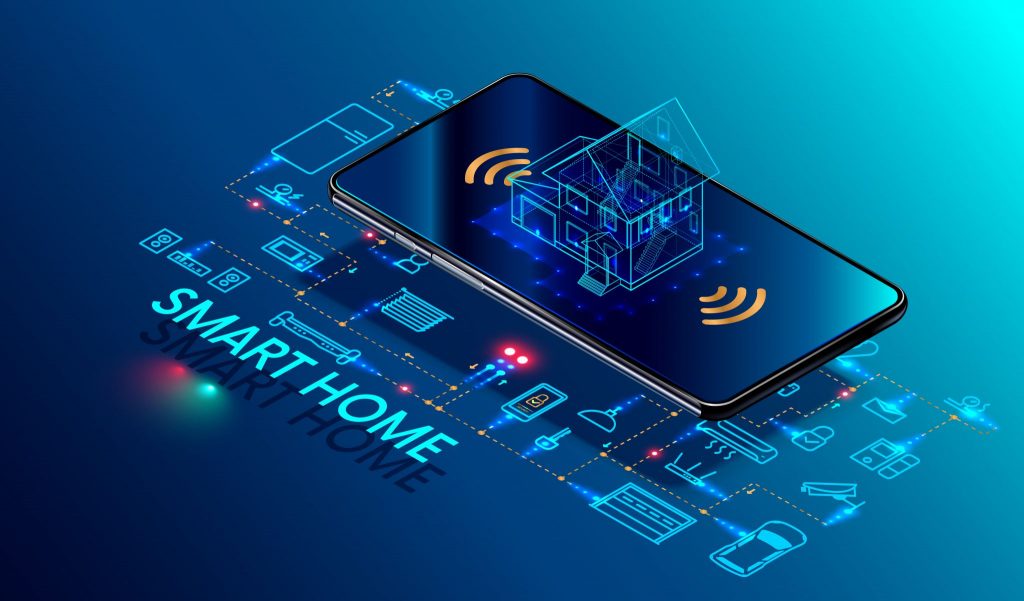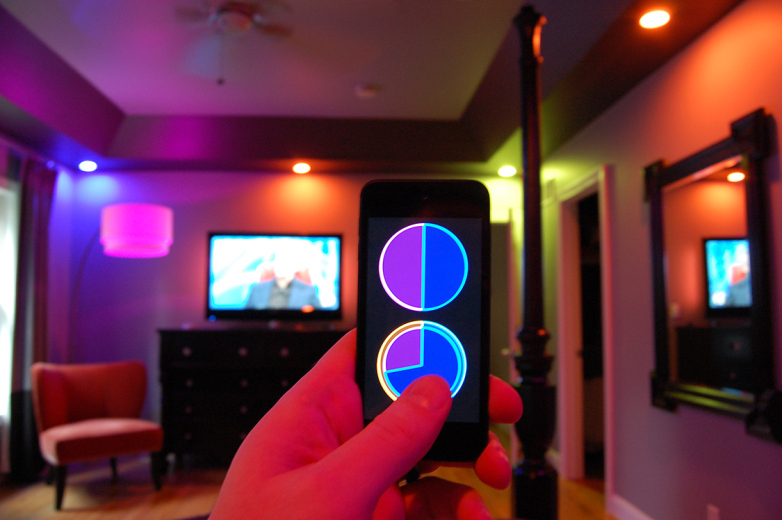Smart homes are on the rise people around the world are using technology to improve the way of living, smart homes can improve security, comfort, and energy usage. It is estimated that nearly 90 million people will be living in a smart home soon. Smart home environments are prime examples of the Internet of Things (IoT) because they use cyber-physical systems that generates and distributes complex data via multiple sensors, applications, and systems to create a smart environment. Smart home systems can control the house occupied and unoccupied on behalf of the humans that control this system, this automatically brings risks to usage of smart home systems regarding safety and privacy.

Research has shown that the biggest threat comes from software vulnerabilities in the mobile application as it is in almost all systems containing software. These vulnerabilities allow third parties to control the home automated system which could result data theft and a violation of privacy. Another result could be the fact that the system can be physically breached when homeowners are not present which will lead to home which is vulnerable for burglary. This results in a high risk for using home automated systems. There is a high need for secured coding and meticulous testing of the software for potential penetration points. Another important point of interest is the fact that security must be priority number one when developing home automation systems and a risk analysis should be conducted. Software engineers share known vulnerabilities in a public CVE (Common Vulnerability and Exposure) database. This helps engineers to easily mitigate security patches in new and old systems. Engineers can create a more safety in home automation by sharing and contributing to the CVE database which results in situational awareness.
Another risk in home automation are human actors, humans are always a weak link in software-based systems. The biggest threat is the lack of security this could be a weak password or no password at all, this is mainly the problem at the in-house gateway which could give you access to the complete system in case of a hacking attack. Engineers should add password requirements and double verification for instance a multi-factor-authenticator which would add a whole layer of extra security.
The conclusion from this information is that smart home allows consumers to collect a lot of date about the household, it could improve security, comfort, and energy usage but people are not aware that there are multiple risks which could violate privacy of occupants. It is important for engineers to be aware of the risks and conduct risk analysis and test the software severely before launch. Timely patching will enable the systems to be secure for the long term. Summarized, home automation shows huge potential for household but corresponding risks are mainly unknown for users.
References
Business Insider (2020).How IoT devices & smart home automation is entering our homes in 2020. Retrieved from https://www.businessinsider.com/iot-smart-home-automation?international=true&r=US&IR=T
Jacobsson, A., Boldt, M., & Carlsson, B. (2016). A risk analysis of a smart home automation system. Future Generation Computer Systems, 56, 719-733.
The Internet of things: Manage the complexity, seize the opportunity, white paper by Oracle, 2014. Available at: http://www.oracle.com/us/solutions/internetofthings/iot-manage- complexity-wp-2193756.pdf



